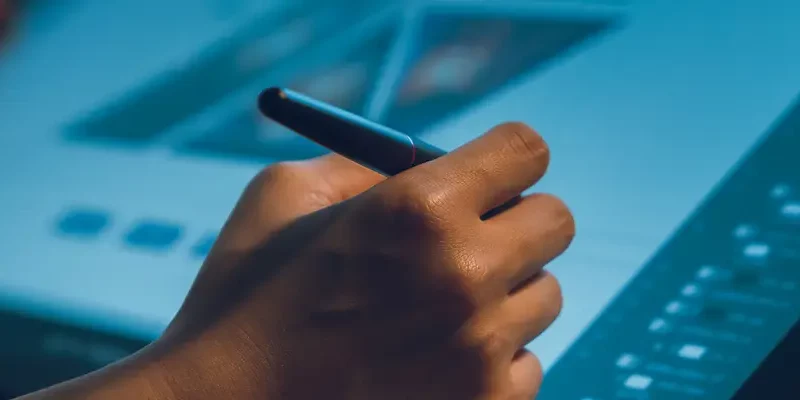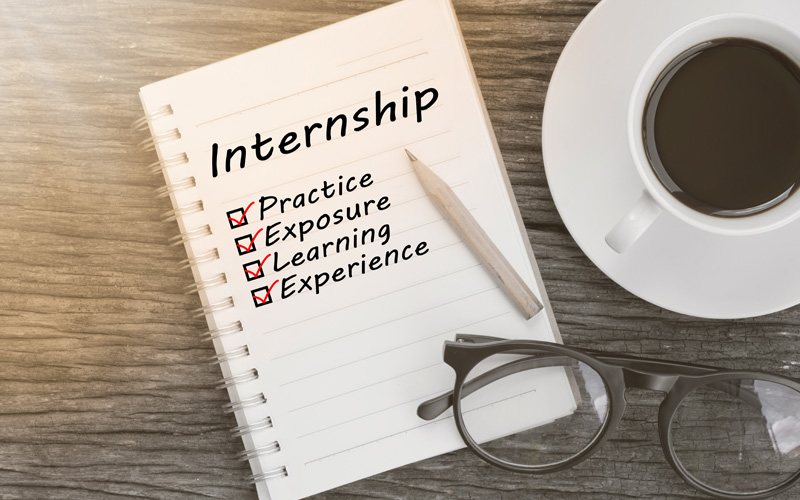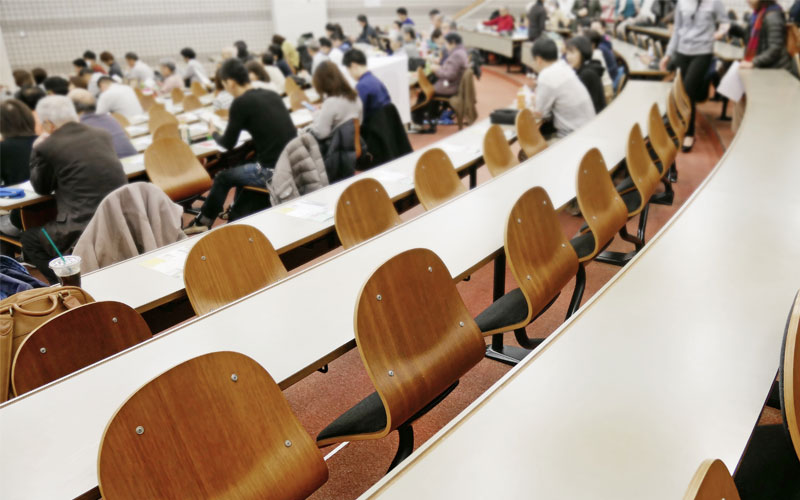What is Digital Arts and Culture?
DAC is an interdisciplinary program – students take courses from from three colleges at UWM: College of the Arts & Architecture, College of Letters & Science, and College of Community Engagement & Professions. The common theme across all classes is the study and practice of Arts, Information, and Media. More than just a collection of classes, though, we are a network and community of students, artists, scholars, and practitioners.
DAC is interdisciplinary, flexible, and adaptable, allowing you to enthusiastically go after your fascination for media and culture by exploring diverse ideas and connecting to new networks of people.
DAC combines critical thinking skills from the liberal arts tradition with combinations of applied and technical skills. Students may pursue courses in the areas of Art & Design, Journalism, English, Communication, or Information Science, just to name a few. This includes technical writing, digital composition, and audio-visual production; graphic, communication, web, and interface design; and the organization and analysis of information and how it’s being used on the web, mobile, and social media.
What will I learn and do in a DAC program?
We expect students who finish our program to be able to:
- Analyze digital and electronic media systems, explaining what these platforms do and how they do it.
- Engage with complex digital issues: online, offline, via ubiquitous computing hardware and software.
- Organize information, both architecturally and visually, structuring software, websites, advertisements, social media, and more.
- Demonstrate hands-on, collaborative, and cross-disciplinary, media production with artists and designers.
What credential can I earn?
DAC is available as a major – and many students pair it with a complementary program as a double major – or as a certificate. A certificate is very similar to a minor. It requires the same number of credits but instead of all of the classes coming from one subject area, classes are taken across multiple departments all centered around the themes of digital art, media, and information.
What can I do with a DAC major or certificate?
Numerous reports and studies note that one-in-three jobs of the future don’t even exist yet. The rapidly changing nature of technology and society means that the jobs we know today will be unrecognizable, even in a few years. Students need skills that are adaptable and flexible allowing for lifelong career growth.
As the gig economy grows, ManpowerGroup predicts more people will become “independent professionals accepting their own clients, selecting their own schedules and moving at their own paces.”
Any position, whether it’s for a small nonprofit or large corporate entity, a large institution, or working as an independent media producer will require the ability to navigate and learn new technical skills. The ability to recognize that adaptation is a necessity for the society of the future. DAC equips students with an advantage to understand the social, political, and economic systems that are at work reorganizing how we work, play, and live.
A majority of our alumni go on to work as artists or designers, advertising or public relations creatives, administrators for organizations, social media coordinators, and digital marketing or media technology specialists.
Prospective Students (not yet enrolled at UWM)
Prospective students, contact our admissions counselor at let-sci@uwm.edu or 414-229-7711.
Current Students
General questions such as how to declare, how to change a major, general education requirements, etc. should be directed to the College advising office at ls-advising@uwm.edu or 414-229-4654.
Specific questions about Digital Arts & Culture Program, such as research opportunities, internship opportunities, major requirements, etc., should be directed to Marc Tasman.
Undergraduate Programs
Intro text to undergraduate programs here if needed. Programs will automatically show up below once academic pages have been created.


Ready to Declare?
Select the declaration that’s right for you, and you will find more instructions on how to declare and what to expect.
Recommended Resources for Digital Arts & Culture Students





Campus Resources
UWM offers a wide range of on-campus resources, such as academic support and mental health resources. Students also find community within our student centers.




